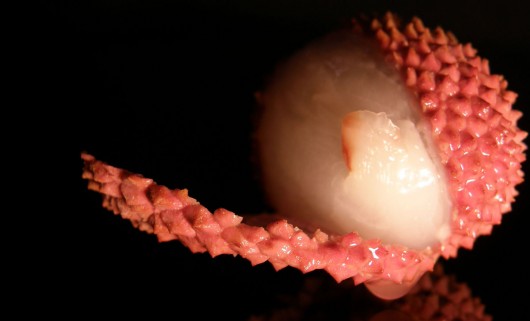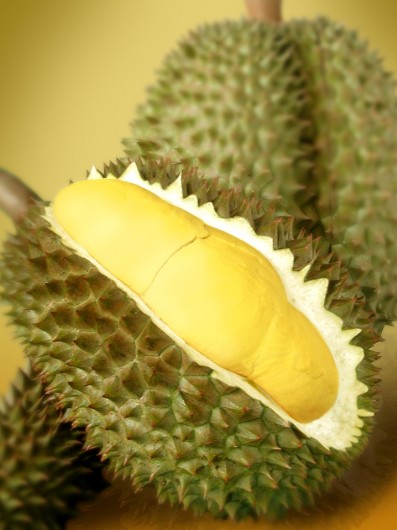Health Benefits of Lychee Juice
Though the lychee, a fruit from the soapberry family that is native to China and Southeast Asia, appears to be inedible due to its tough, spiny exterior, it actually harbors numerous proven health benefits once the outer shell is cracked open. Inside is a soft, supple white flesh that is home to many different vitamins and minerals that work to improve a person’s overall health.
Nutritional Benefits
The nutritional benefits of eating a lychee or drinking lychee juice are well documented, and start with its plentiful supply of Vitamin C. Each normal sized fruit or glass of juice contains 72 mg of Vitamin C, which meets or exceeds the daily amount recommended for adults all in one serving. Vitamin C is known to help bolster the immune system, and also helps heal wounds, repair scar tissue and form blood vessels essential to the body.
Calcium is another beneficial ingredient of lychee juice. A regular serving contains up to 5 mg of calcium, which is necessary to help build and maintain strong bones and other functions in the body. Other daily nutritional values satisfied by a serving of lychee juice include Vitamin B2 and Vitamin B6, which are necessary to normal function and energy in adults. A single serving of lychee juice also contains 171 mg of potassium, 31 mg of phosphorus, iron, zinc, copper, magnesium and selenium.
The juice of the lychee is also packed with dietary fiber, which helps promote heart health as well as aid in digestion. People are encouraged to have a minimum of 25 grams of fiber in their diet every day, and lychee juice contains as much fiber as an apple with even more taste. The juice is also totally free of artery-clogging cholesterol and is also low in both sodium and saturated fats. And, since a cup of lychee contains only about 120 calories, it is also a very healthy food for those watching their waistlines.
Medical Benefits
In addition to being packed full of essential nutrients, lychee juice is also used for a variety of medical applications. Many of these medical uses have been in place for thousands of years, ever since the fruit was originally used by those in the ancient Chinese culture. More recently, research published in 2006 in the “Journal of Nutrition” showed that the fruit’s high concentration of polyphenol, an antioxidant, gives it qualities that help protect a person from cardiovascular disease and different forms of cancer. In fact, the study showed that lychees rank only behind strawberries in concentration of polyphenol.
Lychee juice and the fruit itself have been used in Asia and beyond as alternative medical treatments for problems relating to digestion, pain relief and even in fighting the growth of cancer cells in the breasts and liver. Many also believe that lychee juice can help stop coughing and have positive effects on tumors and enlarged glands. The ancient Chinese also used the fruit and its juices to promote positive energy circulation in the body and promote general, overall well-being.
No matter how you consume it, whether in juice form or in fruit form, lychee is a wonderful fruit to have around. The taste is divine, the fruit is succulent and with all the added health benefits of lychee juice, there’s nothing to lose from indulging in lychee juice daily.


